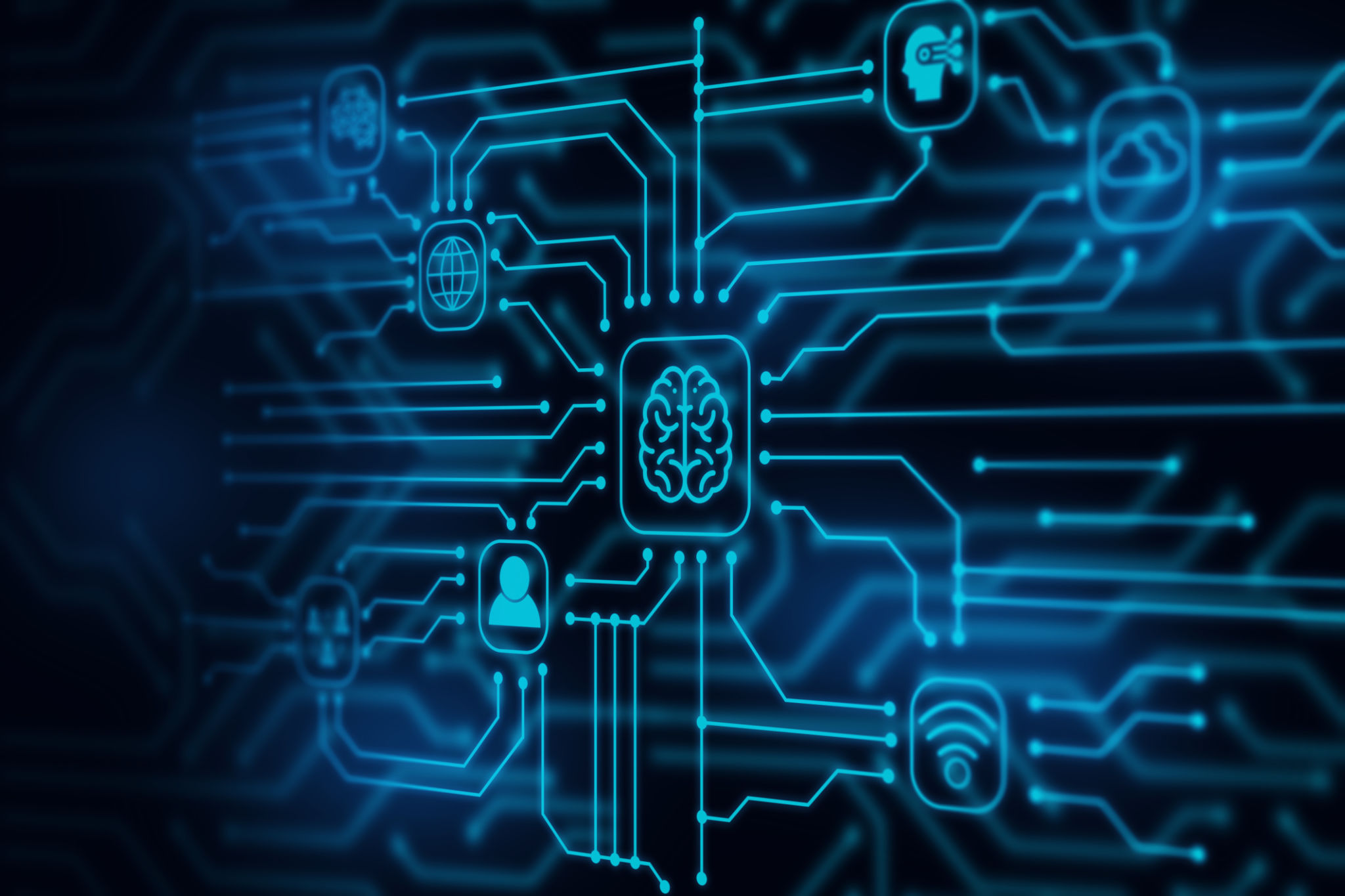How to Implement AI in HR: A Step-by-Step Guide
Understanding the Role of AI in HR
Artificial Intelligence (AI) is revolutionizing industries across the board, and Human Resources (HR) is no exception. By implementing AI, HR can streamline processes, improve decision-making, and enhance employee experiences. Whether it's automating repetitive tasks or providing data-driven insights, AI has the potential to transform the way HR departments function.

Identify Key Areas for AI Integration
The first step in implementing AI in HR is identifying where it can provide the most value. Common areas include recruitment, onboarding, employee engagement, and performance management. AI can help automate resume screening, personalize onboarding experiences, and analyze employee feedback to improve workplace culture. By targeting these areas, you can ensure that AI adds tangible value to your HR processes.
Select the Right AI Tools
Once you've identified the key areas for AI integration, it's essential to choose the right tools. There are numerous AI platforms specifically designed for HR, each offering different capabilities. Consider factors such as ease of use, scalability, and integration with existing systems when selecting a tool. It's also important to evaluate the vendor's reputation and support services.

Develop a Clear Implementation Plan
To successfully implement AI in HR, you need a well-thought-out plan. Start by defining clear objectives and timelines. Determine the resources required, such as budget and personnel, and assign responsibilities to team members. It's crucial to communicate the plan across the organization to ensure everyone is aligned and aware of the upcoming changes.
Ensure Data Privacy and Compliance
One of the significant concerns when introducing AI into HR is data privacy and compliance. HR departments handle sensitive employee information, making it vital to comply with data protection regulations like GDPR. Work closely with your IT and legal teams to establish robust data security measures and ensure that all AI tools comply with relevant laws.

Train Your HR Team
For a smooth transition, training your HR team on how to use AI tools is essential. Provide comprehensive training sessions and resources to help them understand how these tools work and how they can be leveraged effectively. Encourage an open culture of learning where employees feel comfortable asking questions and sharing feedback.
Monitor and Evaluate Performance
After implementing AI in HR, it's crucial to monitor its performance continuously. Set up key performance indicators (KPIs) to measure success and identify areas for improvement. Regularly evaluate whether the AI tools are meeting your objectives and make necessary adjustments based on data-driven insights.

Foster a Culture of Innovation
Finally, integrating AI into HR should be seen as part of a broader strategy to foster a culture of innovation within your organization. Encourage employees to embrace new technologies and suggest improvements. By promoting an innovative mindset, you position your company at the forefront of technological advancements, continually enhancing HR processes and the overall employee experience.
